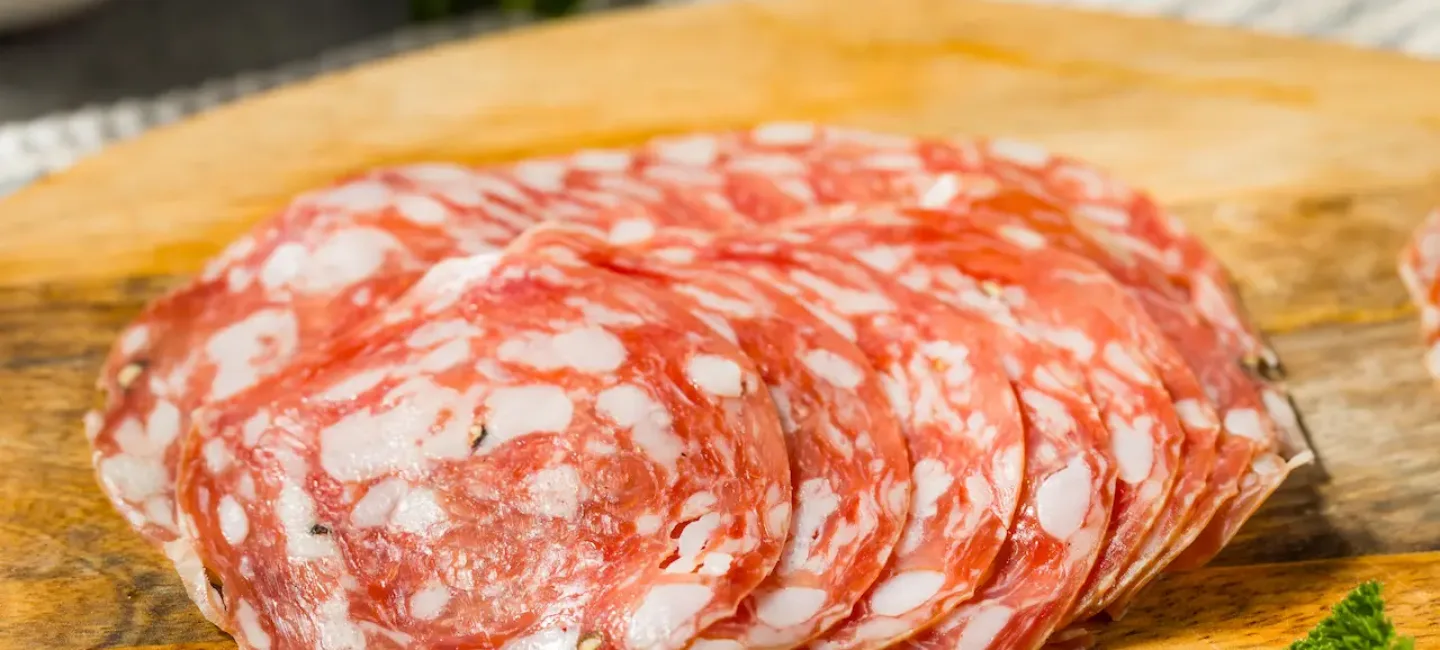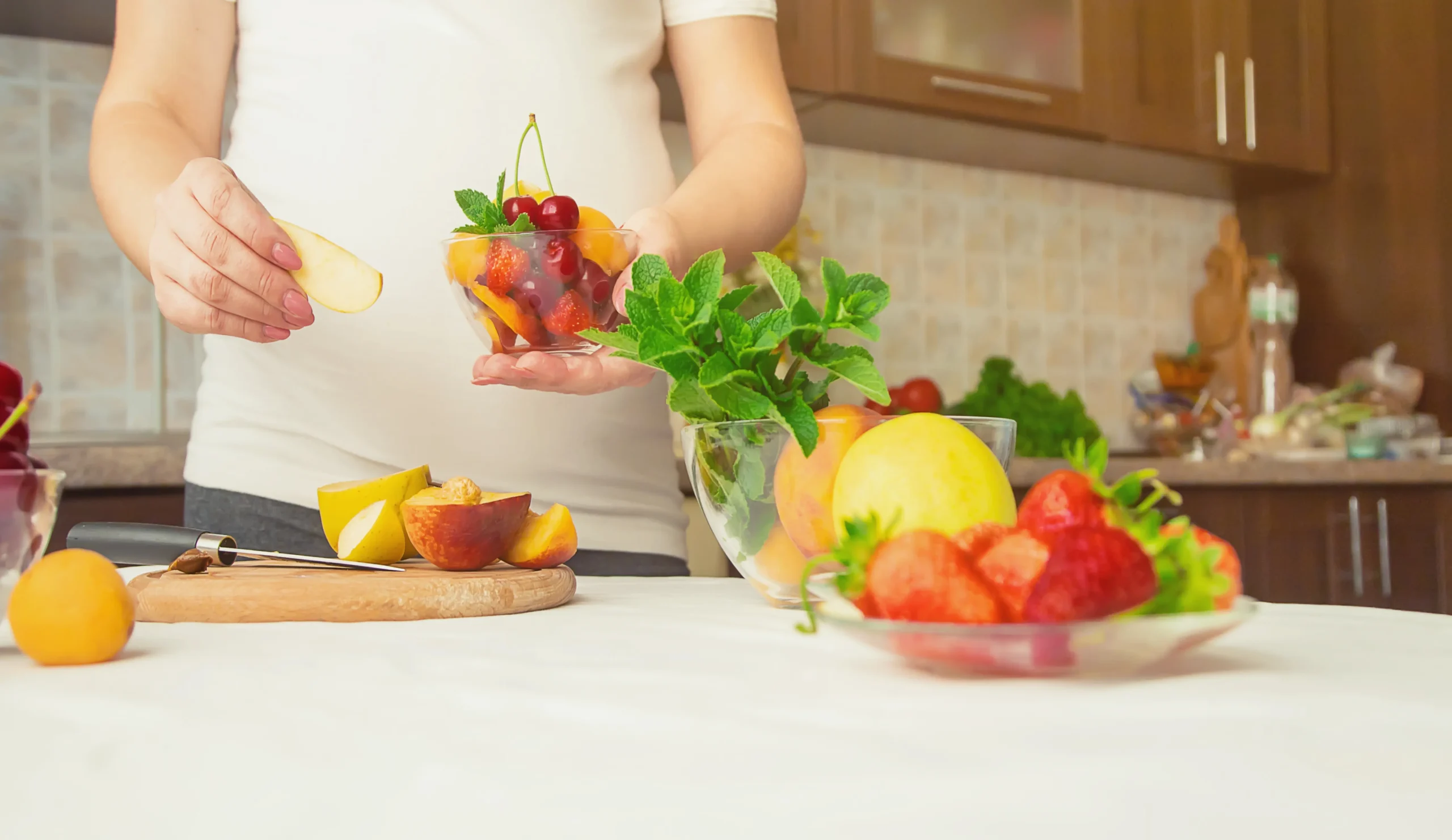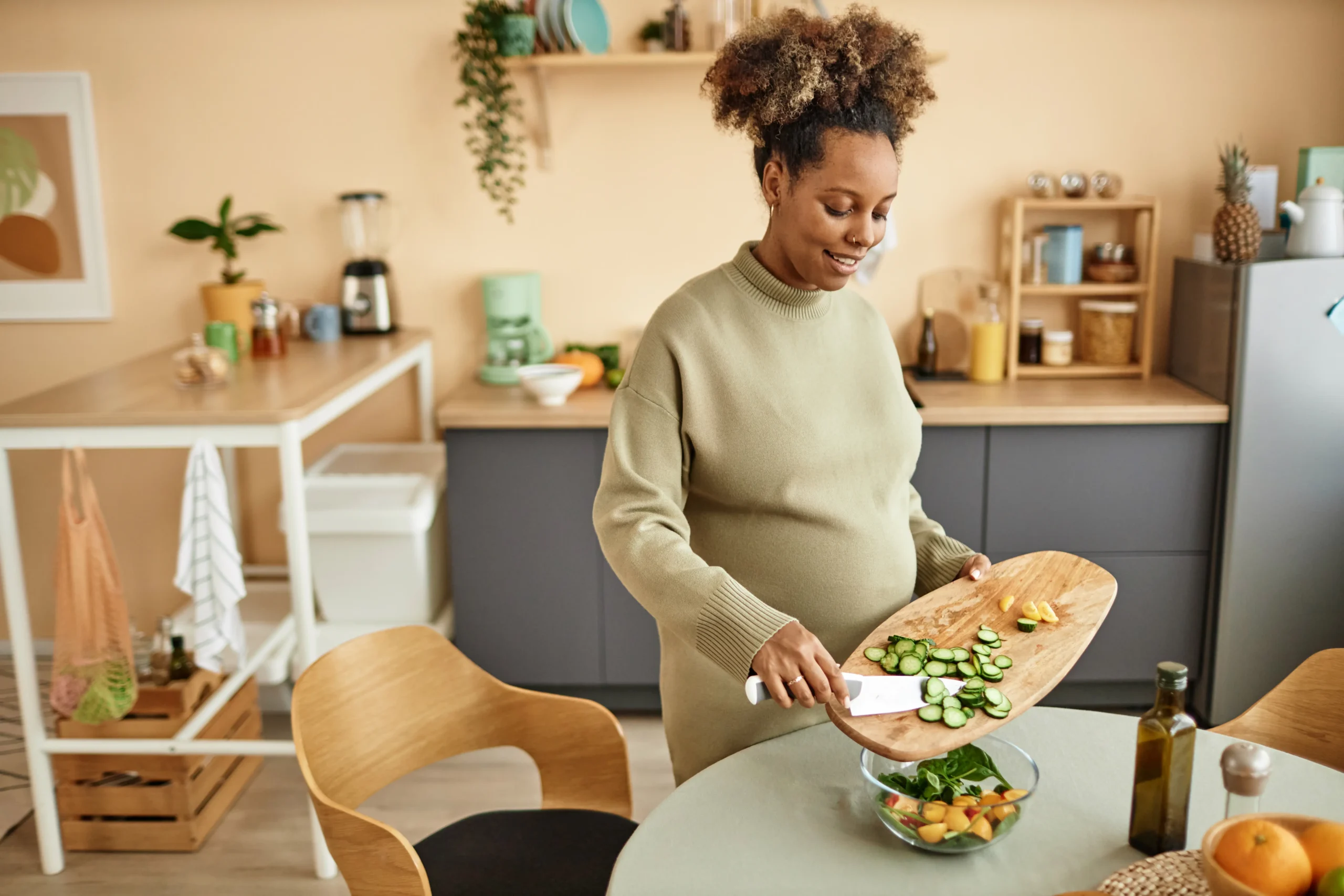
Taking a Bath After a Membrane Sweep: Precautions and Advice

During pregnancy, there is a significant list of dietary restrictions to follow. It can sometimes be difficult to know which foods are safe to eat. What about cured meats? Raw or smoked ham, rillettes, sausage, bacon, pâté, foie gras… can you enjoy them without risk?
Pregnancy and cured meats: let’s take a closer look.
Your diet during pregnancy requires some adjustments. The goal is to avoid the risk of contracting infections such as listeriosis or toxoplasmosis. Here is a list of foods to avoid:
In addition to dietary precautions, here are some hygiene practices to adopt to protect yourself from foodborne infections:
During pregnancy, diet becomes a crucial subject. Among the foods to avoid: cured meats. There is indeed a potential risk of contamination by listeriosis and toxoplasmosis. Let’s explore why these infections are concerning and how they can affect both your health and your baby’s.
Listeriosis is an infection caused by the Listeria bacterium. It can go unnoticed in healthy individuals but can have more serious consequences for pregnant women. This bacterium can be found in many foods such as cured meats—whether raw or cooked (e.g., raw ham or rillettes)—and also throughout your home and environment (hence the importance of hygiene practices in food handling). After an incubation period of about two months, the main symptoms of listeriosis usually include:
Listeriosis can lead to miscarriage, premature birth, stillbirth, or infection at birth.
Since Listeria is a bacterium, it’s not possible to be immune to it.
Toxoplasmosis is a parasitic infection that is usually mild and asymptomatic, but can be concerning during pregnancy because it can cross the placental barrier. It is often transmitted through undercooked pork or other meats or contact with contaminated surfaces. If you are not immune to toxoplasmosis, it is strongly recommended to undergo serological monitoring during your pregnancy. Contracting toxoplasmosis while pregnant can increase the risk of congenital birth defects in the fetus, particularly neurological and ocular disorders.
Want to learn more? Feel free to download the May app, where you’ll find plenty of resources to support and guide you throughout your pregnancy.
 Alternatives to cured meats during pregnancy
Alternatives to cured meats during pregnancy
As you’ve probably understood, you’ll unfortunately have to skip cured meats for a few months! But don’t worry—there are still plenty of foods you can safely enjoy during pregnancy. Here are a few examples:
In summary, during pregnancy, it’s recommended to take precautions to avoid the risks of listeriosis and toxoplasmosis, particularly by avoiding cured meats. By opting for well-cooked meats, maintaining strict hygiene in the kitchen, and choosing prepackaged products, you can safely enjoy your meals.

This text was translated from French by an artificial intelligence. The information, advice, and sources it contains comply with French standards and may therefore not apply to your situation. Make sure to complement this reading by visiting the May US/UK app and consulting the healthcare professionals who are supporting you.
**
Photos : yanadjana | seventyfourimages
Some of the links below may no longer be active. In that case, please feel free to refer directly to the relevant websites.
These resources might interest you

Taking a Bath After a Membrane Sweep: Precautions and Advice


Coloring your hair while pregnant: what precautions should you take?